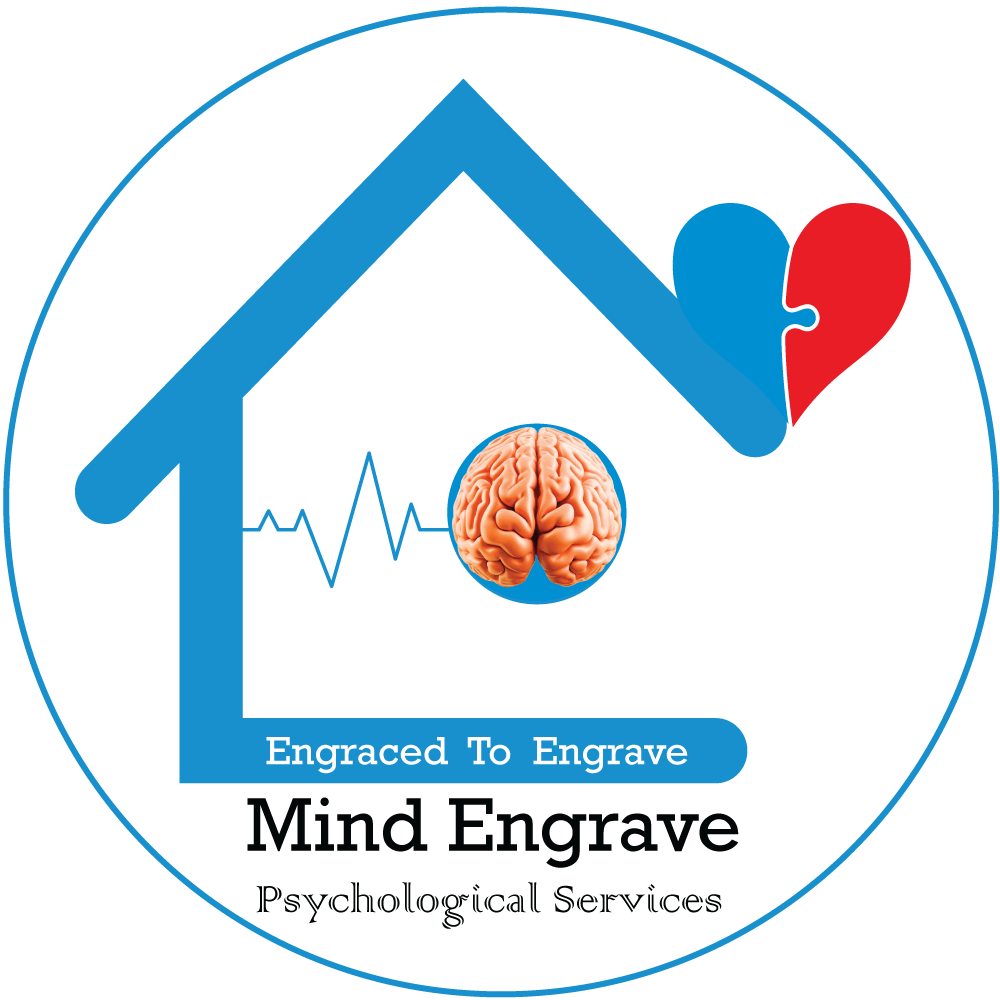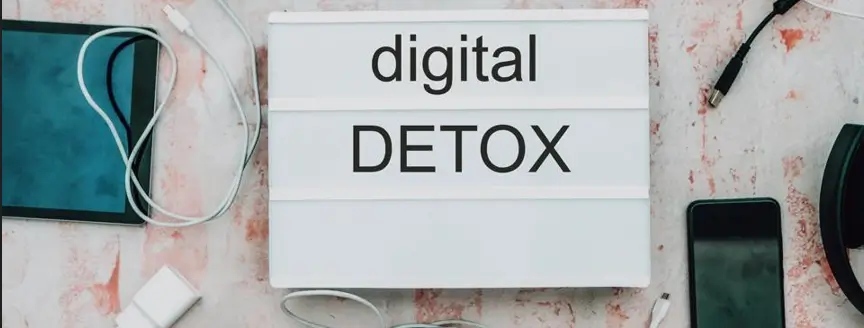Digital detox benefits in reducing anxiety from screen overuse
In an era defined by relentless connectivity, the practice of unplugging—commonly known as a “digital detox”—has emerged as a powerful strategy for mitigating anxiety tied to excessive screen use. Rather than a simplistic rejection of technology, a digital detox constitutes a structured, temporary reduction or elimination of non‑essential screen engagement. This intentional withdrawal interrupts the cycle of continuous notifications, information overload, and compulsive checking behaviors that fuel physiological and psychological stress responses.
At the core of screen‑related anxiety is the brain’s arousal system. Each incoming email, text message or social media update triggers a micro‑burst of dopamine, reinforcing the compulsion to remain perpetually “on.” Over time, this pattern fosters hypervigilance—heightened alertness to digital cues—that elevates baseline levels of cortisol and adrenaline. As cortisol circulates, it amplifies anxiety, disrupts sleep architecture and impairs executive functioning. In this context, a digital detox serves to recalibrate neural reward pathways and down‑regulate the body’s stress hormones.
One of the most immediate benefits of a digital detox is improved sleep quality. Evening exposure to blue‑wavelength light emitted by smartphones and tablets suppresses melatonin, the hormone responsible for signaling the onset of sleep. By abstaining from devices at least an hour before bedtime—or, in more intensive detox programs, throughout the evening—melatonin release normalizes, facilitating deeper and more restorative sleep cycles. Enhanced sleep, in turn, directly diminishes daytime anxiety, as the amygdala (the brain’s fear center) becomes less reactive when well‑rested.
Cognitive clarity is another hallmark advantage. Chronic multitasking across emails, news feeds and messaging apps fragments attention and increases mental fatigue. A digital detox reinstates sustained, undistracted focus. When freed from constant digital interruptions, individuals report sharper problem‑solving abilities and greater creative flow. This restoration of attentional capacity not only alleviates the cognitive strain that often amplifies anxious rumination but also supports more confident decision‑making and task completion—both of which bolster one’s sense of control.
Beyond physiological and cognitive improvements, the social dimension of a digital detox yields psychological relief. Virtual interactions—especially on platforms engineered to maximize engagement—can exacerbate feelings of inadequacy, social comparison and FOMO (fear of missing out). By stepping back from these environments, users often experience reduced social anxiety and a renewed appreciation for in‑person connections. Informal studies suggest that individuals who disengage from social media for periods as brief as one week report measurable decreases in loneliness and increases in meaningful social interactions.
Implementing a digital detox need not require extreme measures. Effective frameworks often involve:
- Screen‑free time blocks (e.g., mornings without email or evenings without social apps)
- Device‑free zones (e.g., bedrooms or dining areas)
- Notification audits (disabling non‑critical alerts to reduce cognitive interruptions)
- Mindful replacements (engaging in hobbies, physical activity or meditation during screen‑free periods)
Consistency in these practices gradually attenuates the conditioned response to incessant digital stimuli. Over successive detox cycles, many individuals find the threshold for compulsive checking rises, and overall screen time naturally declines. As this downward trend stabilizes, chronic anxiety symptoms—racing thoughts, irritability, muscle tension—diminish accordingly.
Longer‑term digital detox initiatives can deepen these benefits. Retreat‑style programs that combine group workshops, nature immersion and guided mindfulness have shown promising outcomes in reducing generalized anxiety and stress. Participants frequently report not only an immediate sense of calm but also the acquisition of sustainable self‑regulation skills that they carry back into their daily routines.
In conclusion, a digital detox represents more than a fleeting break from screens; it constitutes a systematic intervention to counteract the neurobiological and psychological mechanisms by which overuse of digital devices precipitates anxiety. By restoring healthy sleep patterns, enhancing cognitive focus, and recalibrating social engagement, intentional reduction of screen time mitigates the drivers of digital‑induced stress. For professionals and laypersons alike, integrating digital detox strategies into a holistic self‑care regimen offers a pragmatic, evidence‑informed pathway to lower anxiety and improved mental resilience.

Odusanya Adedeji
Odusanya Adedeji A., is a Licensed & Certified Clinical Psychologist whose domain of expertise cuts across management of specific mental health issues such as, Depression, PTSD, Anxiety & Anxiety related disorders, substance use disorder, etc






